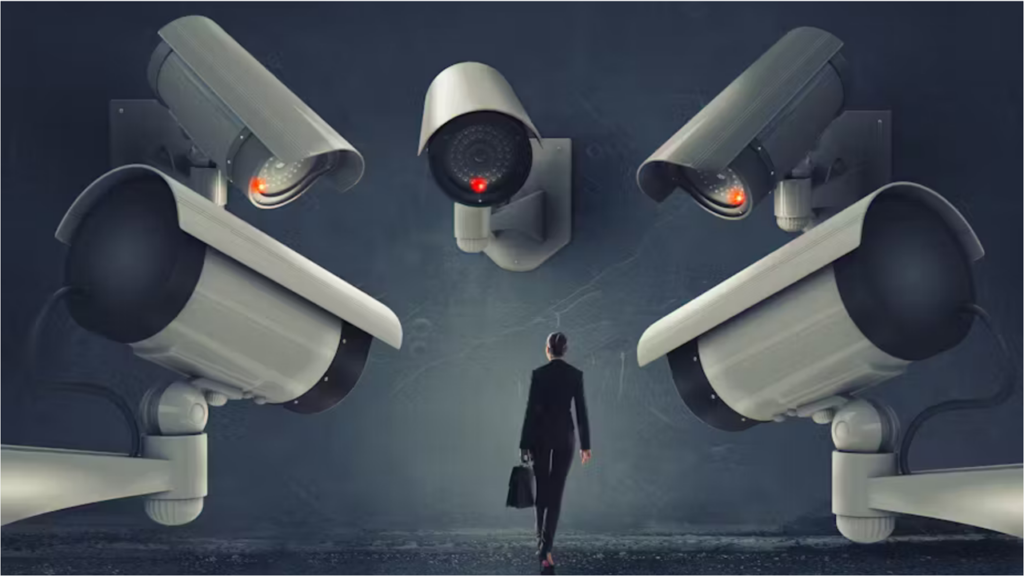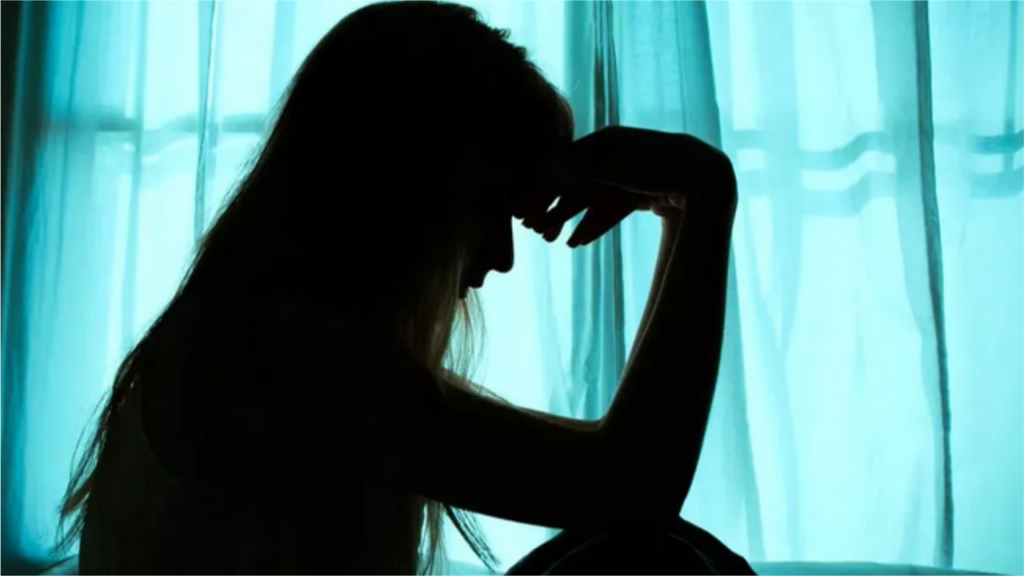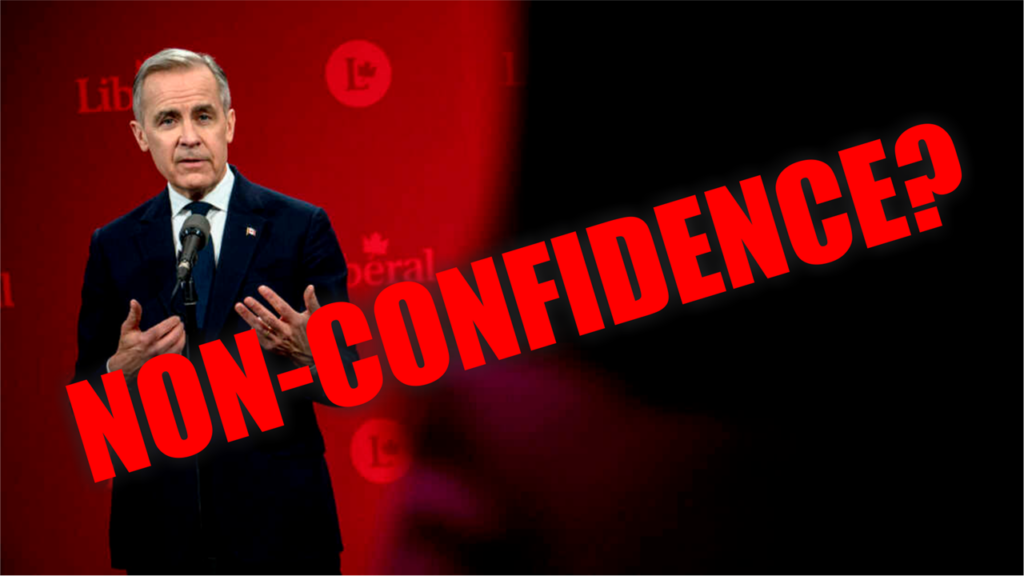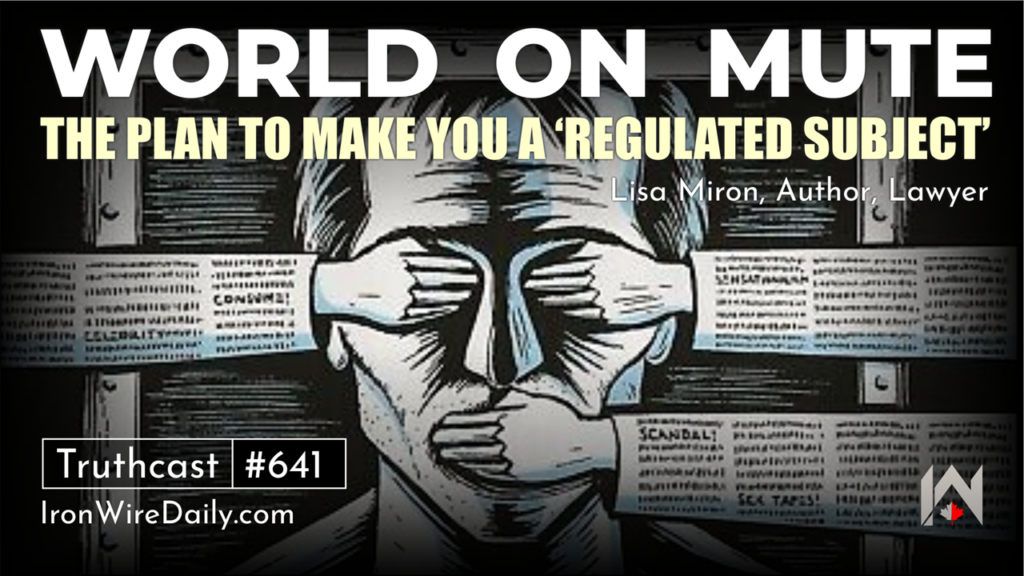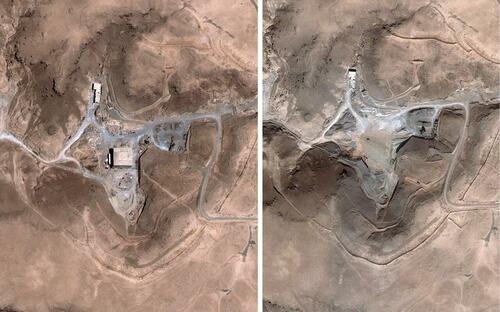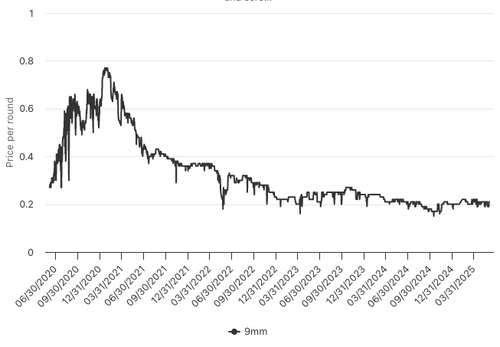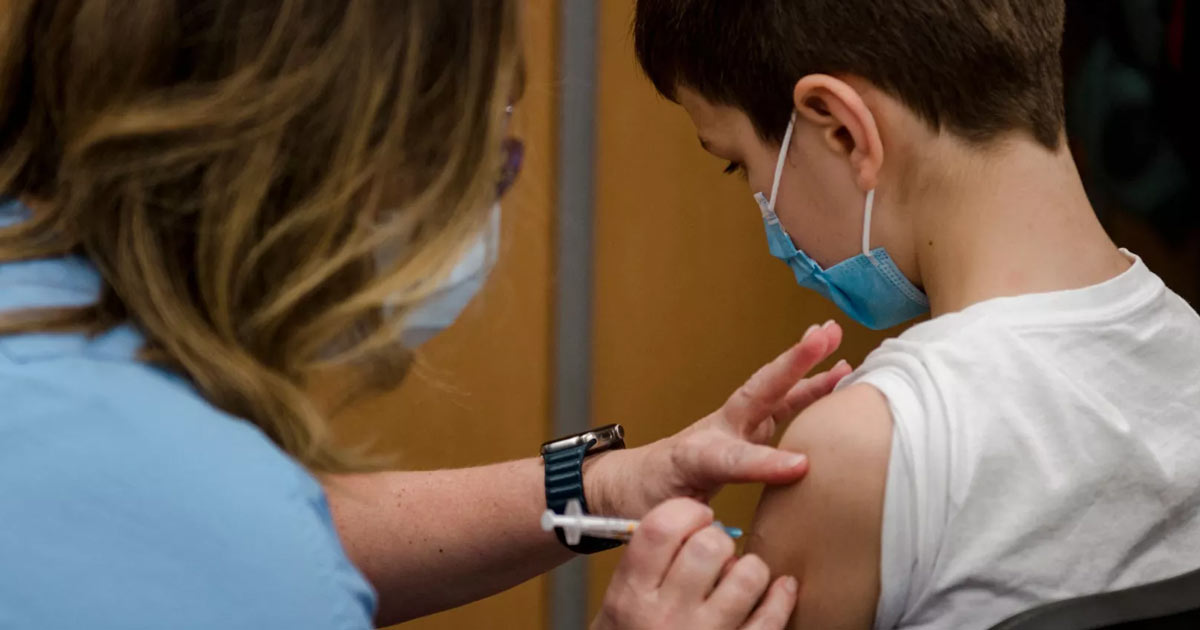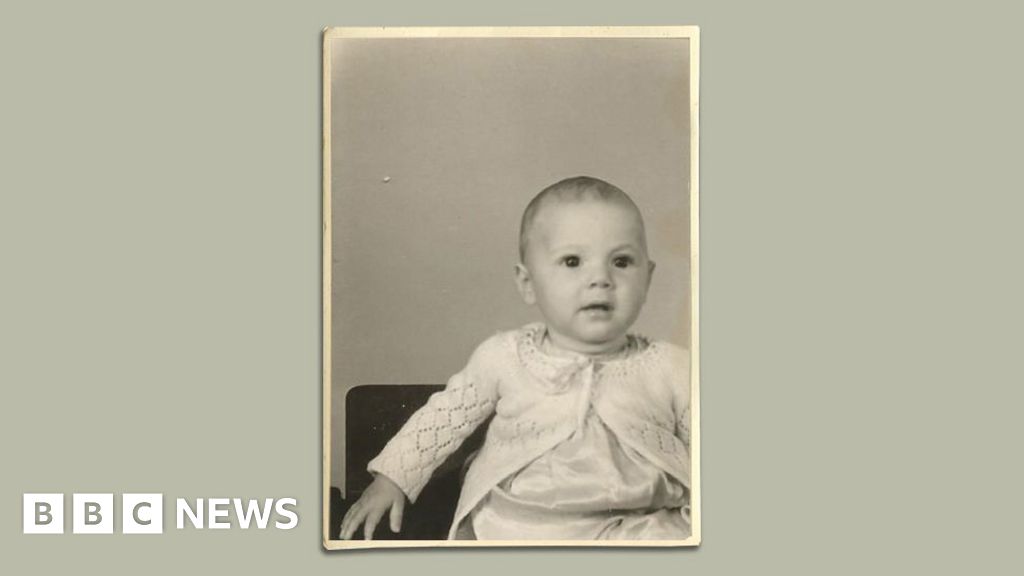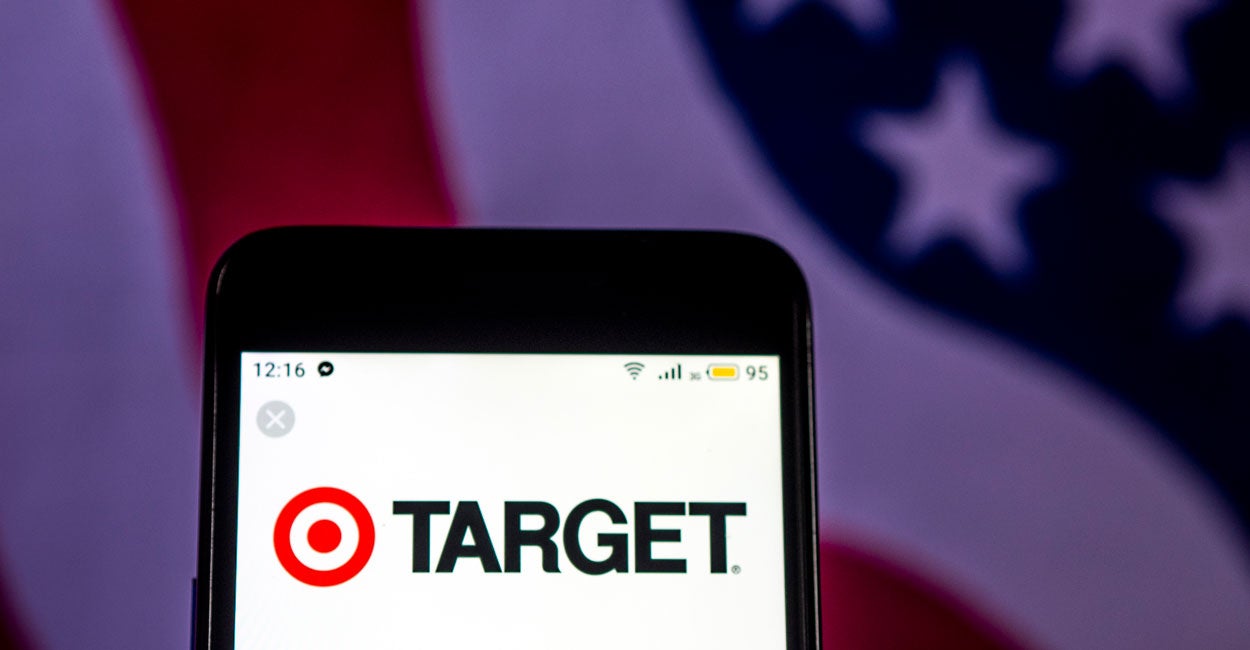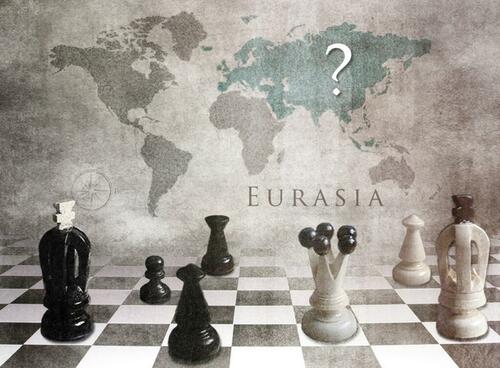Czech cardinal persecuted by communists warns Vatican’s China deal could ‘damage the Church’ – LifeSite

Thu Jun 5, 2025 – 11:44 am EDT
(LifeSiteNews) — A cardinal once persecuted by communists in Eastern Europe has warned that the Vatican’s deal with China will damage the Church.
Speaking to Vaticanist Nico Spuntoni for Il Tempo, Cardinal Dominik Duka, O.P., warned about the dangers contained in the Vatican’s current relationship with China.
“The question of the position of the Catholic Church in China, in light of my experience of persecution during communism, leads me to express some caution,” Duka said, adding:
I agree with Cardinal Zen that the Holy See’s unbalanced diplomatic policy towards the Chinese regime can damage the Catholic Church itself.
The highly controversial Sino-Vatican deal, signed in 2018 and renewed until 2028 last autumn, has become one of the most topical aspects of Pope Francis’ pontificate. Indeed, so ever present and toxic is the deal that it is believed to have tainted its architect Cardinal Pietro Parolin’s chances in the recent conclave.
The officially secret deal is believed to recognize the state-approved church in China and allows the Chinese Communist Party (CCP) to appoint bishops.
The Pope apparently maintains veto power, although in practice it is the CCP that has control, as has been repeatedly evidenced on numerous occasions, including in recent weeks. It also allegedly allows for the removal of legitimate bishops to be replaced by CCP-approved bishops.
This has led local Catholics to suffer increased persecution as the Chinese authorities increasingly pressurize them to join the schismatic, state-approved church rather than remain loyal to Rome.
READ: Cardinal Duka says Pope Leo must prioritize ‘evangelization’ and ‘catechesis’
Of this, Duka warned:
The other Christian Churches, which do not have official representation, can become symbols of resistance, while the Catholic Church can be perceived as collaborationist, especially if it is true that the text of the agreement remains secret and only troubling information leaks to the public.
The secrecy of the text has been one of the oft-raised issues about the entire affair. But Cdl. Parolin has previously defended this aspect, attesting in 2023 that such secrecy was “because it has not yet been finally approved.”
Laws governing the practice of religion are notoriously strict in China and in recent weeks became even worse.
Prior even to the latest restrictive religious laws, bishops, priests, seminarians, and laity have been arrested, tortured, and imprisoned for not signing up to the CCP state church, with Chinese authorities reportedly adding extra pressure onto faithful Catholics by saying that Pope Francis supported the state church – which, by nature of his approving the 2018 deal, he ostensibly did.
Duka compared such elements of Catholic persecution to that which he and many others endured at the hands of the communists in the 1970s and ’80s:
If the reports about the ban on the participation of young people in religious services, the obligation to report the names of Mass participants, or the restrictions regarding the appointment of bishops are true, then these are forms of persecution comparable to those we ourselves have experienced. One cannot be silent about these things.
Duka suffered persecution and imprisonment at the hands of communist authorities in then-Czechoslovakia during the 1970s and 1980s, and as such has seen firsthand the impacts of a loss of faith in society at the hands of authoritarian regimes. This, he worries, is a situation which is being repeated in China.
“It is alarming that, despite these facts, not only some states but also most so-called humanitarian organizations remain silent” about the situation in China, he lamented. “The situation is beginning to recall the ’50s, when leftist political currents showed indulgence or open support for dictatorships.”
In its 2020 report, the U.S. Congressional-Executive Commission on China wrote that the persecution witnessed is “of an intensity not seen since the Cultural Revolution.”
READ: Pope Francis said Chinese Catholics will ‘suffer’ under his deal. They are
This has continued unabated, as evidenced by subsequent reports from the commission, as well as testimony from China experts.
Former U.S. Secretary of State Mike Pompeo notably slated the deal in September 2020, writing that “it’s clear that the Sino-Vatican agreement has not shielded Catholics from the Party’s depredations, to say nothing of the Party’s horrific treatment of Christians, Tibetan Buddhists, Falun Gong devotees, and other religious believers.”
China has long practiced a process of “Sinicization” with regard to religions present in the nation. But China experts warn that Sinicization involves having “all religious communities be led by the Party, controlled by the Party, and support the Party.”
Since Leo XIV’s election as Pope, Human Rights Watch and China Aid have urged him to swiftly address the China deal.
Some have taken hope that he might do just that. Citing his May 25 Regina Caeli address, certain China experts suggested that the Pope’s words were a sign of hope.
“It feels like this could be a watershed moment, one where there’s a rethinking of the Vatican’s policy of yielding to China even the most important papal powers, namely the ordaining and appointing of bishops, and authority on religious matters,” the Hudson Institute’s Nina Shea told this correspondent.
However, Leo’s cautious attitude and obvious aversion to rushing into major decisions means that any change to the status quo is unlikely to happen soon.
